If you have ever seen some talk about Windows 64 and Windows 86 the talk is over the instruction set architectures of Intel processor and this will depend on which Windows you need whether you install Windows 64 or 86 ISA on your Windows PC.
If the above with a little confusing let’s dive deep into what the 64 and 86 mean.
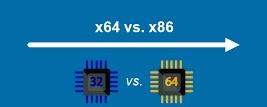
What Is The Difference Between Windows 64 And 86 Architecture (x86 Vs x64)? (Easy To Understand)
We understand that many can be confused about what exactly an x86 and x64 architecture is so we are going to break it down in very easy-to-understand terms before we explain it in harder-to-understand computer terms.
Imagine your PC or Laptop is one big puzzle. There are x86 and x64 which are 2 different types of puzzle pieces.
Now the 86 (x86) puzzle piece is an old puzzle that has been around the block a few times and is the older of the 2 puzzles.
Now with this x86 puzzle piece, with it being the older puzzle piece it can’t really handle new, big, and complicated tasks as the puzzle piece itself is not very big and is aged.
Now with the 64 (x64) puzzle piece this is the newer of the 2 and is much bigger out of the 2 pieces.
See Is Windows XP Good For Gaming?
This x64 puzzle piece can handle a lot more tasks as it’s bigger and much more powerful than its smaller 86 puzzle piece brother.
So the differences in both the architectures of x64 and x86 are one of them will be in your computer whether you use a desktop PC or a laptop and if you have an x64 architecture your computer will be able to handle a lot more tasks and be future-proof in general.
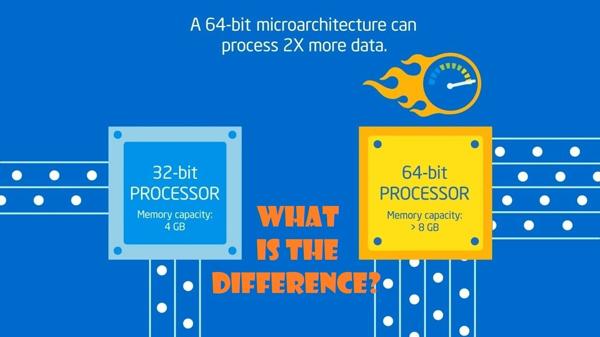
What Is The Difference Between Windows 64 And 86 Architecture (x86 Vs x64) More In Depth Explanation?
Ok if you already have read the above and are feeling brave we will be breaking down the differences below in a more in-depth computer talk way.
Check to see If Windows Desktop Runtime Process Safe To Use.
What Is The 86 (x86) Computer Architecture
A computer architecture helps with how the processor in your PC or laptop processes and manages instructions and tasks from your operating system such as Windows.
The x86 architecture was the first architecture between the 2 mentioned in this article and was designed back in 1978 and was based on Intels 8086 and 8088 microprocessors.
The x86 is an instruction set architecture or (ISA for short) family for computer processes. The acutecture was developed by the Intel Corporation who grew the original 16-bit instructions to 32-bit instructions which we know as the x86 today.
The x86 architecture was made across all operating systems until the first Windows-based operating system to support the x64 bit which was Windows Vista in 2006 came out.
Some Cool History: The first actual complete operating system made fully in the x64-bit architecture was Snow Leopard Mac OS X which was released back in 2009.
The first smartphone to use an x64 processor was the iPhone 5s which ran on the then-new Apple A7 processor.
Features Of 86 (x86)
- It uses Complex Instruction set computing Architecture (CISC)
- It executes completed instructions at a time and takes more than a cycle to do so
- It uses a hardware-first approach to optimize your system’s performance
- It uses up more registers and less memory
- It has a smaller pipeline
- It was made to handle complex addresses
What Applications And Hardware Will I Find A x86 On
- Powering most of the world’s PCs
- Games Consoles
- Cloud Computers
- Workstations
Okay, now you have a good understanding of what the 86 is and what it does on both a Windows operating system level and processor level let’s see everything related to the 64 (x64) bit architecture.
See Why Windows 11 And Windows 10 Are So Popular.
What Is The 64 (x64) Computer Architecture
Sometimes you may see the x64 called an x86-64 so don’t let this confuse it just means an x86-based 64-bit so as long as you see 64-bit then your system or processor will be a x64-bit.
The 64-bit is a family of instruction set architecture for computer processors and is now on the latest operating systems and processor chips which you may know as Intel 64s and AMD 64.
When first designed, it was called x86-64. More precisely x64 is the architecture name for the extension to the x86 instruction set that enables 64-bit code.
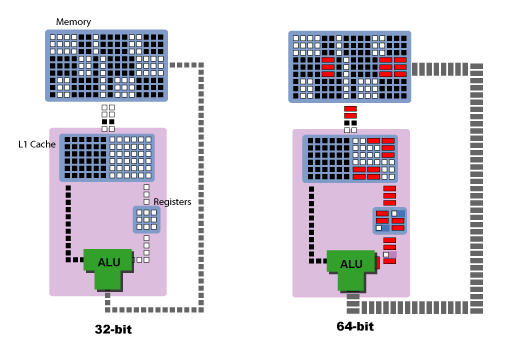
Features Of 64 (x86-64)
- It has a larger virtual address space, app which is 256TiB and can be raised to 16 EiB in the future
- It has 64-bit integral capabilities
- It has a much larger physical address space which can handle 256 TiB or RAM and can be upgraded in the future to 4 PiB (Yes pebibytes
)
- Can operate very large files due to it being able to map entire files into the processers address space
- Instructions can reference data relative to the instruction pointer, making the code position-independent, which when used in shared libraries, loads more efficiently in the runtime
See How To Change The Device Hardware ID On Windows 11 & 12.
What Applications And Hardware Will I Find A x64 On
- Supercomputers
- Many of the latest popular operating systems
- Newer video game consoles
- Smartphone processors
- AI (Arteficial Intellagence)
- Virtualization technologies
The Main Differences Of 64 Vs 86 On A Windows Operating System
We have put together a table below that will tell you the main differences between the 64 and 86-bit Windows OS.
| Aspect | x86 | x64 |
|---|---|---|
| Bit Size | 32-bit | 64-bit |
| Maximum RAM Supported | Up to 4 GB | Varies, typically 128 GB+ |
| Software Compatibility | Can run 32-bit software | Can run both 32-bit and 64-bit software |
| Performance | Generally less powerful | Generally more powerful |
| Addressable Memory | Limited to 4 GB | Can access larger memory |
| Number of Registers | 32-bit registers | 64-bit registers |
| Data Bus Width | 32-bit | 64-bit |
| Register Usage | Need more registers for splitting values | Can store larger values directly |
| Parallel Data Transmission | 32-bit data bus | 64-bit data bus |
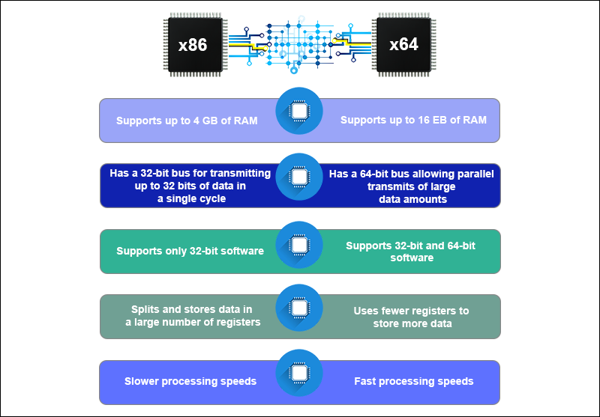
How To Check If Your Windows PC Is 64 Bit or 86 Bit?
As a rule of thumb if your PC or laptop was purchased within the last 10-15 years you will likely be running on a Windows 64 bit system. But follow the below steps to see what version of Windows you have.
See Whether Windows XP Professional Is 32-bit or 64-bit.
But to check you can follow the below steps:
1. Press the Windows key then click on Settings
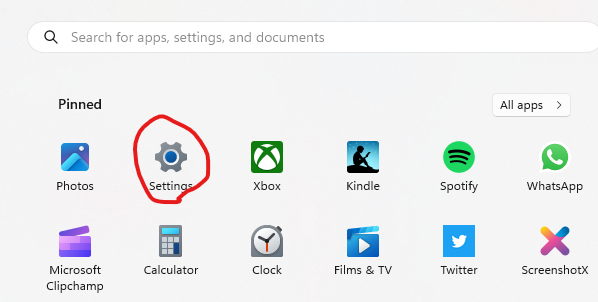
2. Now click on System
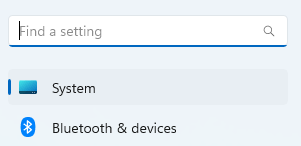
3. On the right-hand side choose the About tab
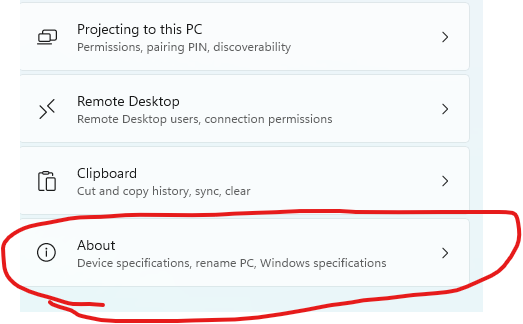
4. Now you will see all the device specifications about your PC or Laptop device, look under System Type and it will tell you what architecture your Windows is running on as well as what bit your processor is.

Which Version Of Windows Supports 64 Bit
The first operating system to fully support 64-bit was Windows XP so if you have any of the below your Windows version will support 64 bit.
Windows Versions That Support 64 Bit
- Windows XP
- Windows 7
- Windows 8
- Windows 10
- Windows 11
- Windows 12
Windows Versions That Dont Support 64 Bit
- Windows 98
- Windows 2000
- Windows Me
- Windows 95
Conclusion
We have covered in depth everything you need to know about Windows 64 VS 86 bit systems and what this means as well as how to detect which system and processor architecture is on your PC or laptop.

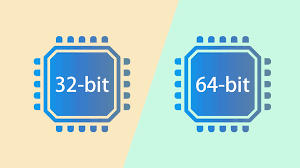
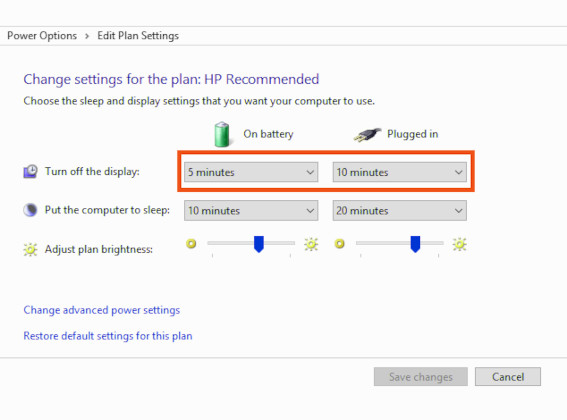

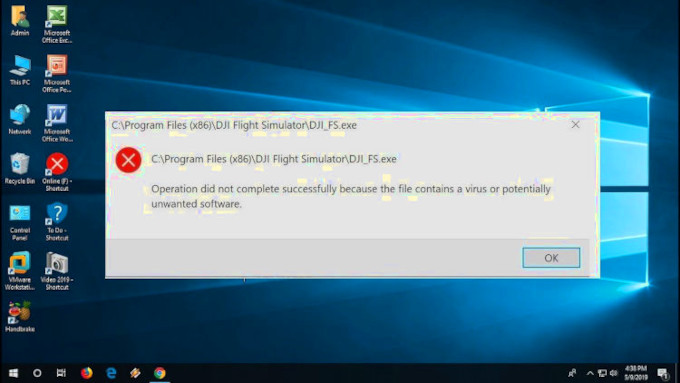

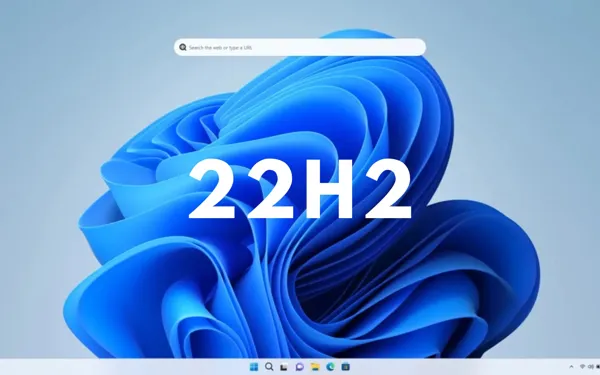
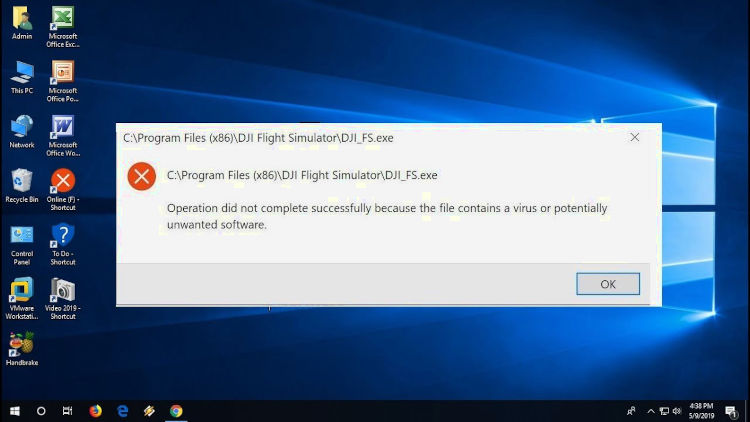
Leave a Reply